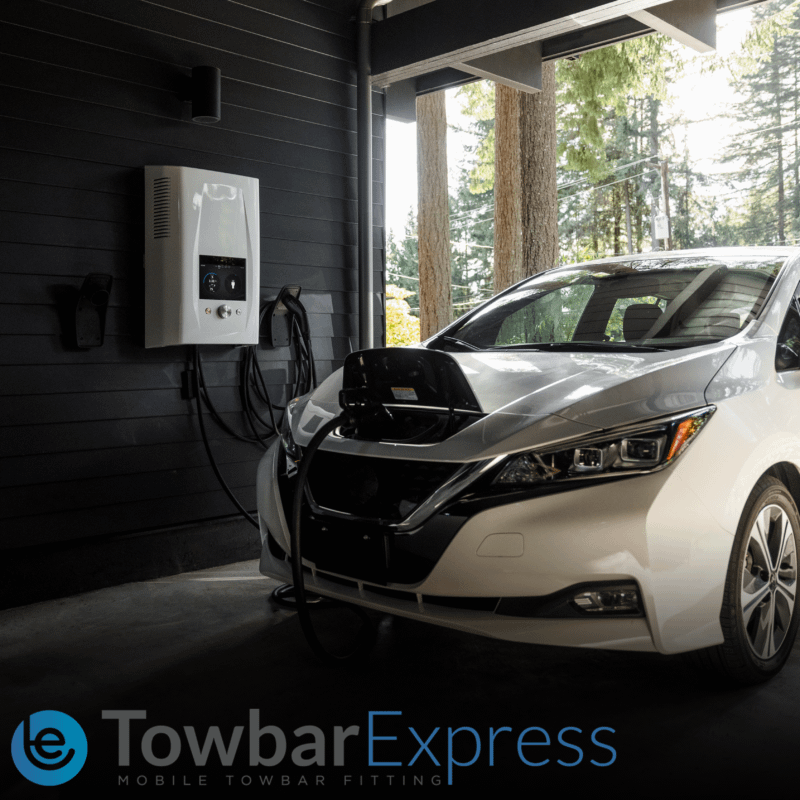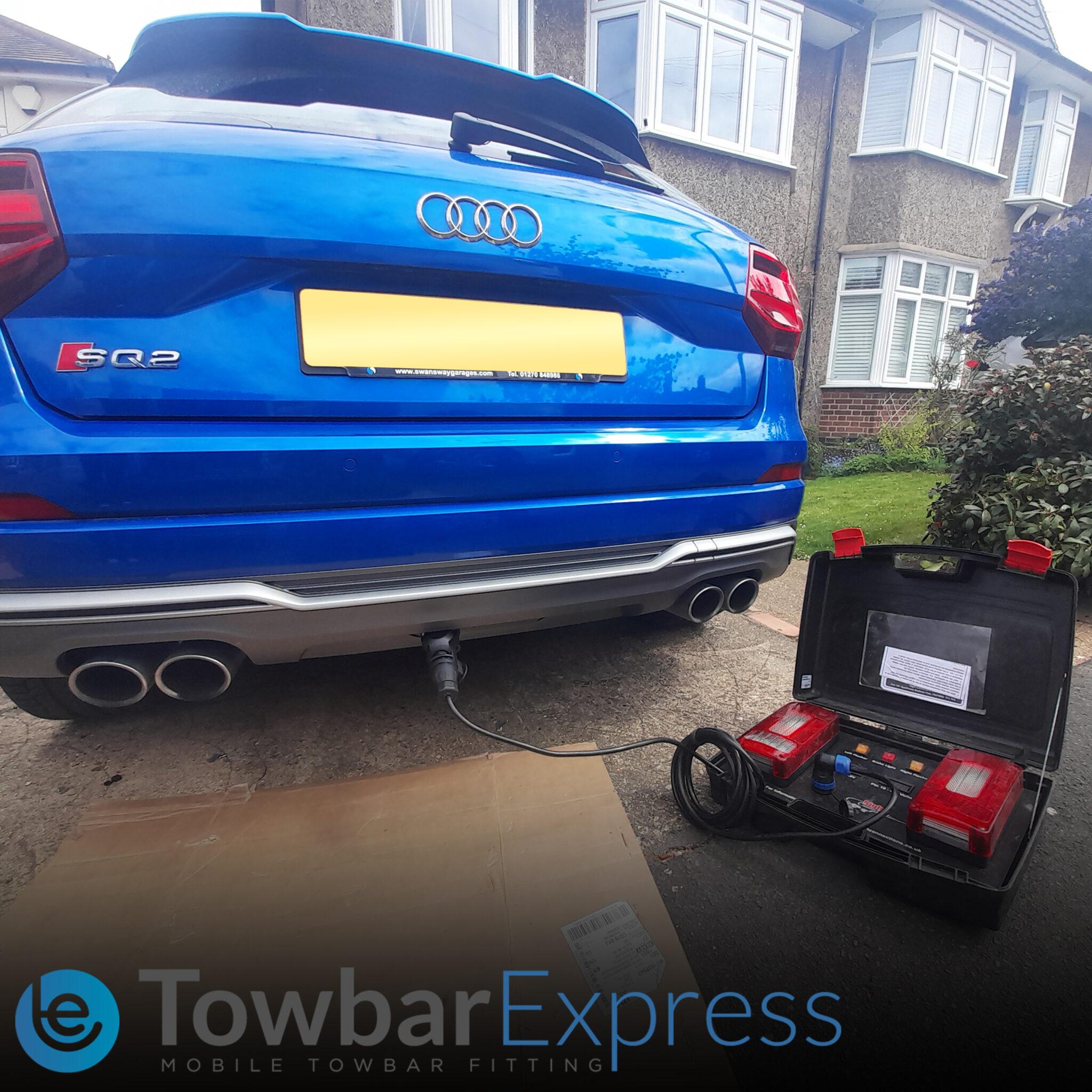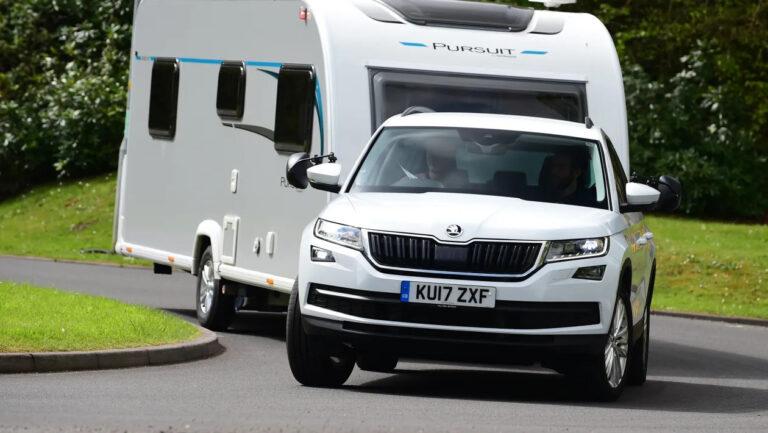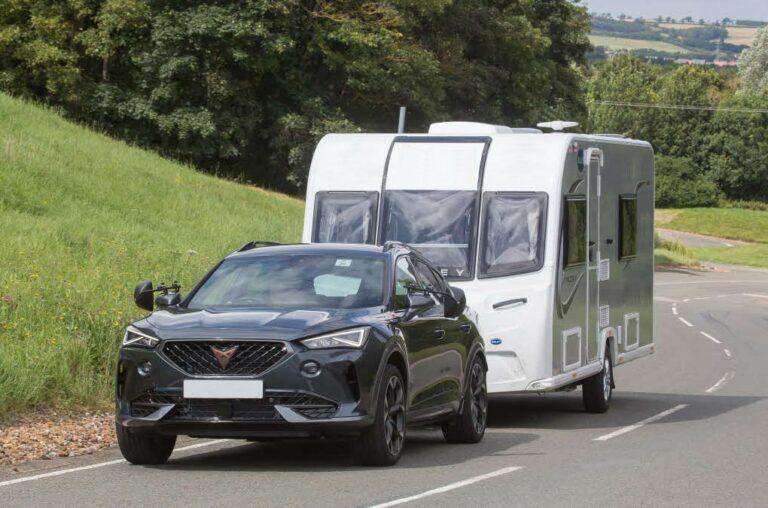Keep Reading

29 September 2022
What are the benefits of Electric Vehicles?
The primary benefit of electric cars is their contribution to improving air quality in Towns and Cities. With no tailpipe, pure electric vehicles produce no Carbon Dioxide emissions when driving, reducing air pollution considerably.
According to the Mayor of London, road transport accounts for around half of the capital’s air pollution. It’s no wonder the UK Government and local councils want to accelerate the number of electric cars on the roads. The UK Government has set a target that the sale of petrol and diesel cars will be banned by 2040. The government is also looking to reduce carbon emissions to zero by 2050, and electric vehicles will play a significant role.
The production of electric cars does use a lot of energy initially; however, even after taking battery manufacture into account, electric cars are still a greener option. This is because of the reduction in emissions created over the car’s lifetime.
- Electric vehicles have many benefits, including:
- Cleaner environment
- No congestion charge
- Lower running costs
- Renewable electricity tariffs
- Better driving experience
- Government funding
- Free parking
- Reduced noise pollution
- Increased resale value
What are the different types of Electric Vehicles?
BEV – Battery Electric Vehicles: These are referred to as ‘all electric vehicles’ or ‘pure electric vehicles and run entirely on electricity only; they have no gasoline engine. BEVS are zero-emission vehicles with a driving range of 50 – 150 miles.
PHEV – Plug-in Hybrid Vehicle: These vehicles use batteries to power an electric motor and incorporate an internal combustion engine to recharge the batteries to enable a more extended driving range. A PHEV typically runs on electricity stored in the battery until nearly depleted. When no electricity is available, a PHEV can run on fuel alone.
HEV – Hybrid Electric Vehicles: Known as self-charging hybrids, they use an internal combustion engine and an electric motor, which uses electricity stored in a battery pack. The main difference between an HEV and a PHEV is that you cannot plug an HEV into an EV charger. Instead, the onboard battery pack is charged via the engine and regenerative braking.
FCEV – Fuel Cell Electric Vehicles: These vehicles create zero tailpipe emissions powered by hydrogen. An FCEV uses a similar system as a BEV to run the car; however, the energy is stored as hydrogen and then converted into electricity by the fuel cell to propel the vehicle.
How to charge your EV!
There are thousands of free electric car charge points throughout the UK, often located in supermarkets, shopping centres and public car parks.
Charging an EV can be anything between 30-60 minutes and 8-10 hours. How long it takes to charge your electric car depends on the car’s battery size, how many miles you do between charges, your charging behaviour, and the power rating of the charger you’re using.
There are three main types of EV chargers:
1. Slow - usually rated up to 3kW, is mainly used to charge overnight at home or your workplace. It takes 8-10 hours to charge fully.
2. Fast-rated at either 7kW or 22kW and can usually be found in car parks, supermarkets, and leisure centres. It takes 3-4 hours to charge fully.
3. Rapid - typically rated from 43kW and found at motorway service stations, petrol stations, and supermarkets. It takes 30-60 minutes to charge fully but is only compatible with rapid-charging function EVs.
What are the different types of Charging Stations?
Universal Socket – Compatible with all plug-in electric cars. Perfect if you have vehicles with different connector types.
Tethered – Comes with a permanently attached charging cable.
Most EVs are supplied with two cables for slow and fast AC charging; one with a three-pin plug and the other with a Type 2 connector charger side, and both are fitted with a compatible connector for the car’s inlet port. These cables enable an EV to connect to most untethered charge points while using tethered units requires using the cable with the correct connector type for the vehicle.
Watch this space! Towbar Express may well be able to assist with the supply of both socketed and tethered charging points very soon!
Can an Electric Car have a Towbar?
The quick answer – is yes.
As long as you have checked the vehicle’s VIN plate to ensure that the car has a towing capacity, there is no reason you won’t be able to have a Towbar fitted.
If you’re unsure about how to find the VIN plate on your vehicle, follow this link:
It is worth remembering that the mileage your Electric Vehicle can travel on a full battery will vary depending on the weight of what you are towing.
Another variable regarding your vehicle’s driving range is the season – depending on the temperature, your vehicle’s range may change. Generally, you have a more extensive range in Summer and a smaller range in Winter.






